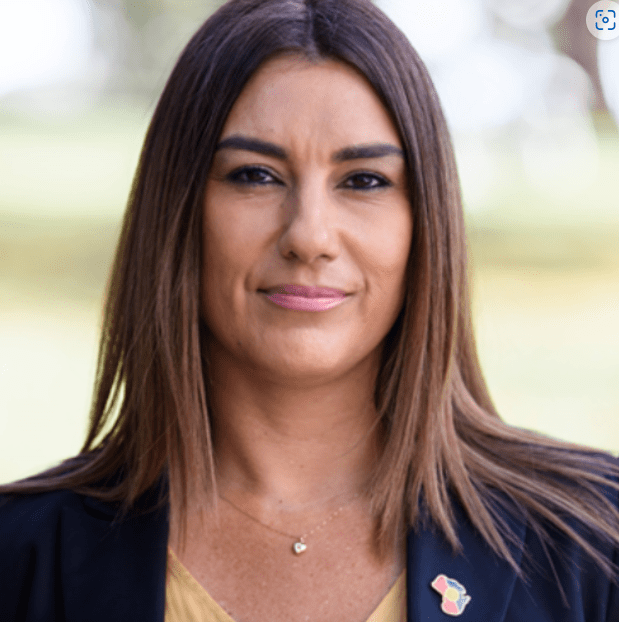The Senate Legal and Constitutional Affairs Committee convened on Tuesday to commence public hearings into Senator Lidia Thorpe’s Genocide Bill, formally known as the Criminal Code Amendment (Genocide, Crimes Against Humanity and War Crimes Bill, 2024).
The session featured testimony from an array of experts and individuals with personal experiences of genocide, including Uncle Robbie Thorpe, Nasser Mashni from the Australian Palestine Advocacy Network (APAN), representatives from Amnesty International, and the Islamic Council of Victoria. The Attorney-General’s department also participated in the proceedings.
Senator Thorpe’s proposed legislation aims to eliminate the Attorney-General’s ‘fiat power,’ which currently allows the AG to unilaterally prevent the prosecution of genocide, war crimes, and crimes against humanity within the Australian judicial system.

Critics of the existing power argue that it creates a conflict of interest by positioning the Attorney-General, often a senior government official and Cabinet member, as the gatekeeper for proceedings on international crimes.
The proposed amendments to the Criminal Code Act 1995 seek to align Australia more closely with the principles of the United Nations Convention on the Prevention and Punishment of the Crime of Genocide, thereby enhancing the country’s accountability in addressing and prosecuting such grave offenses.
Senator Thorpe underscored the importance of the hearing, emphasising its role in clarifying the bill’s potential to deliver justice for victims of genocide and other severe human rights violations.
“No politician should get to say who can and can’t be held accountable in our legal system, particularly in relation to the most atrocious crimes like genocide, war crimes, and crimes against humanity,” said Thorpe, a proud Gunnai, Gunditjmara, and Djab Wurrung woman.
“My Bill helps get political interference out of our legal system, and gives victims and survivors of these most heinous crimes a better chance at justice,” she added. Thorpe highlighted the diverse range of individuals who could benefit from the bill, from Palestinian Australians affected by violence in Gaza to Indigenous Australians seeking accountability for the removal of First Nations children.
“The government has a choice: they can support this bill and stand on the side of human rights, the rule of law, and everyday people, or they can choose to maintain their undue influence over our courts, and their ability to provide cover for war criminals,” Thorpe asserted.
Thorpe also criticised Australia’s historical neglect of its obligations under the 1948 Genocide Convention, despite being a signatory. She expressed anticipation for future hearings and the opportunity to hear directly from those affected by ongoing genocides, as well as from legal and human rights experts.
Krautungalung Elder, Uncle Robbie Thorpe, echoed these sentiments, calling for substantial action over mere acknowledgment of historical injustices. “Mere acknowledgment of the past is a farce. We demand action that confronts the legacies of colonisation and ensures a future where our children thrive on their own terms. This government must be held accountable for its crimes,” he stated.
Uncle Robbie Thorpe also reinforced the sovereignty of First Nations people, declaring, “We have never ceded our Sovereignty. This land remains unceded, and the so-called legal system here is based on lies and theft. Australia remains a crime scene until justice is served.”
He concluded with a call for unity and recognition of First Nations sovereignty: “We must all stand together to end these atrocities and recognise the Sovereignty of First Nations people.”
As the hearings continue, Senator Thorpe’s bill promises to spark significant debate about Australia’s role in preventing and prosecuting crimes against humanity, potentially reshaping the nation’s legal landscape.

